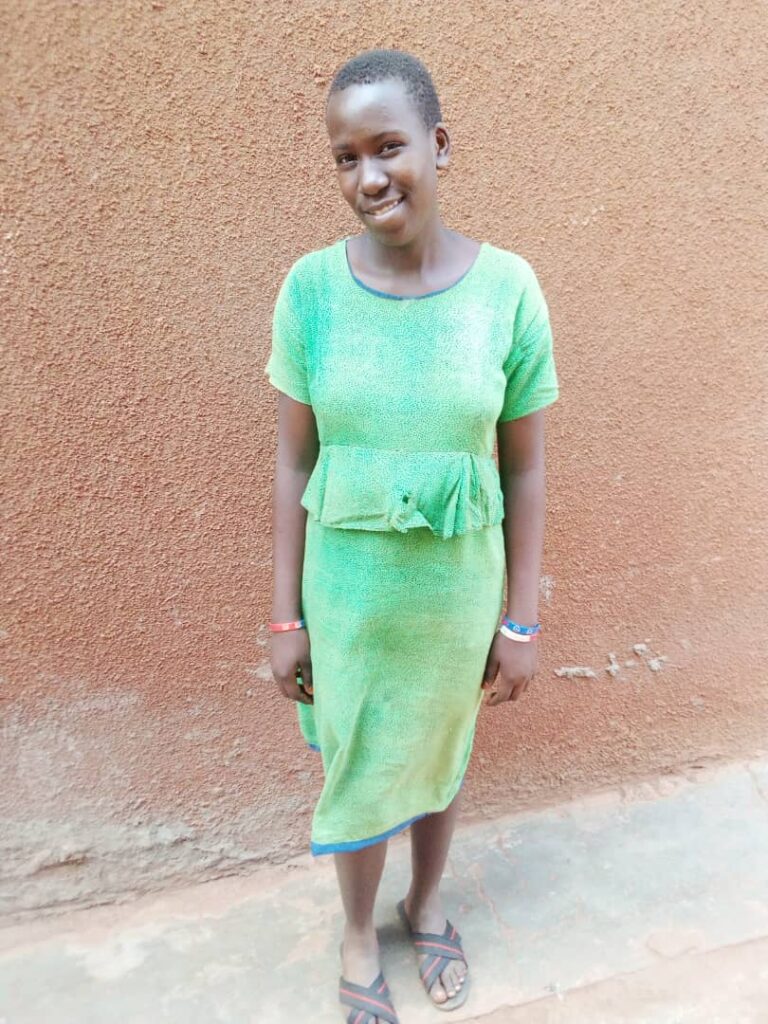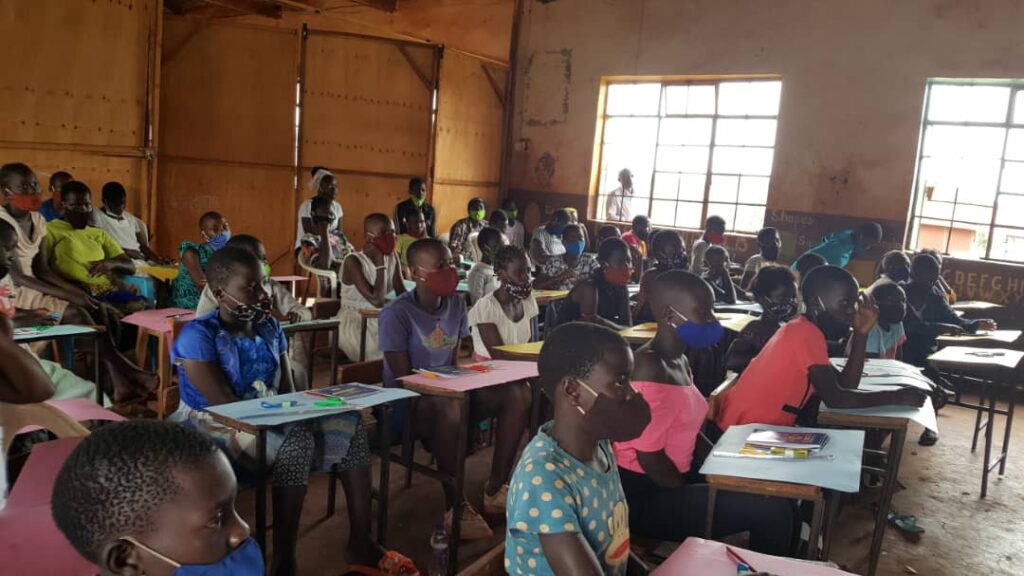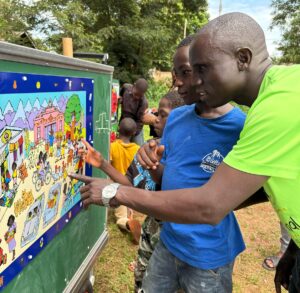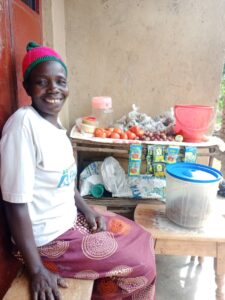Male inclusion should be made a key component of Menstrual Health Management (MHM) programmes as men have an essential role in their effectiveness. Cultural norms around menstruation are rooted in gender inequality and this can compromise women’s ability to manage menstruation hygienically and with dignity. Education is necessary to teach that menstrual blood is not ‘dirty’, a girl’s first period does not mean she is ready to get married and bear children and menstruation should not keep girls out of school.
This is clearly highlighted in the United Nations Sustainable Development Goals on both reducing gender inequalities and promoting good health. These advocate for the eradication of poverty, teenage pregnancy and the promotion of gender equality. Despite the many comprehensive approaches to MHM, the role of men and boys is still lacking. This is clearly portrayed in the story below by one of the girls who attends the S.A.L.V.E. International’s Girl’s Drop in Centre:

“On one beautiful Sunday morning during church service, I started feeling blood flow. I was dressed up in one of my lovely white skirts and sadly it was stained at the back. I normally knew when my period was due to start but this happened so quickly. I wanted to stand up and go and clean myself but the shame of my stained skirt tortured me and made every nerve in my body hurt. Worse still, there were two boys seated beside me and two men at the back. I wished I could snap my fingers and make it go away, but I could not.
The time came when we had to stand for prayer, so I gathered all my strength and stood up. There it was, a bright red spot decorated on my skirt. I knew my worst fear had come to pass when the boys started murmuring and laughing in a sarcastic way. I sat down anxiously and wished the ground would open up and swallow me. I could not stop crying. Troubling thoughts flowed through my mind. How was I going to get back home? Who was I going to see?
I wish those men and boys had been involved in MHM programmes so that on this fateful day they would have supported me rather than laughed at me. I want to thank S.A.L.V.E. International for involving males in their programmes as well as providing women and girls with menstrual health education. Thanks to them I can now calculate my menstrual cycle and have been taught how to make re-usable sanitary pads so have one with me in my bag for emergencies.”

I call upon the Government and organisations to involve boys and men in MHM Programmes. By doing this, they can help to support and empower women and girls to manage menstruation effectively across different social domains including household, community, school, and work. Males can impact a female’s experience of menstrual health through many roles; as husbands, fathers, brothers, students, peers, teachers, community leaders, entrepreneurs, employers, development and humanitarian practitioners and policymakers. Let’s join hands together to make sure men are supportive allies of women instead of the opposite.





0 Comments